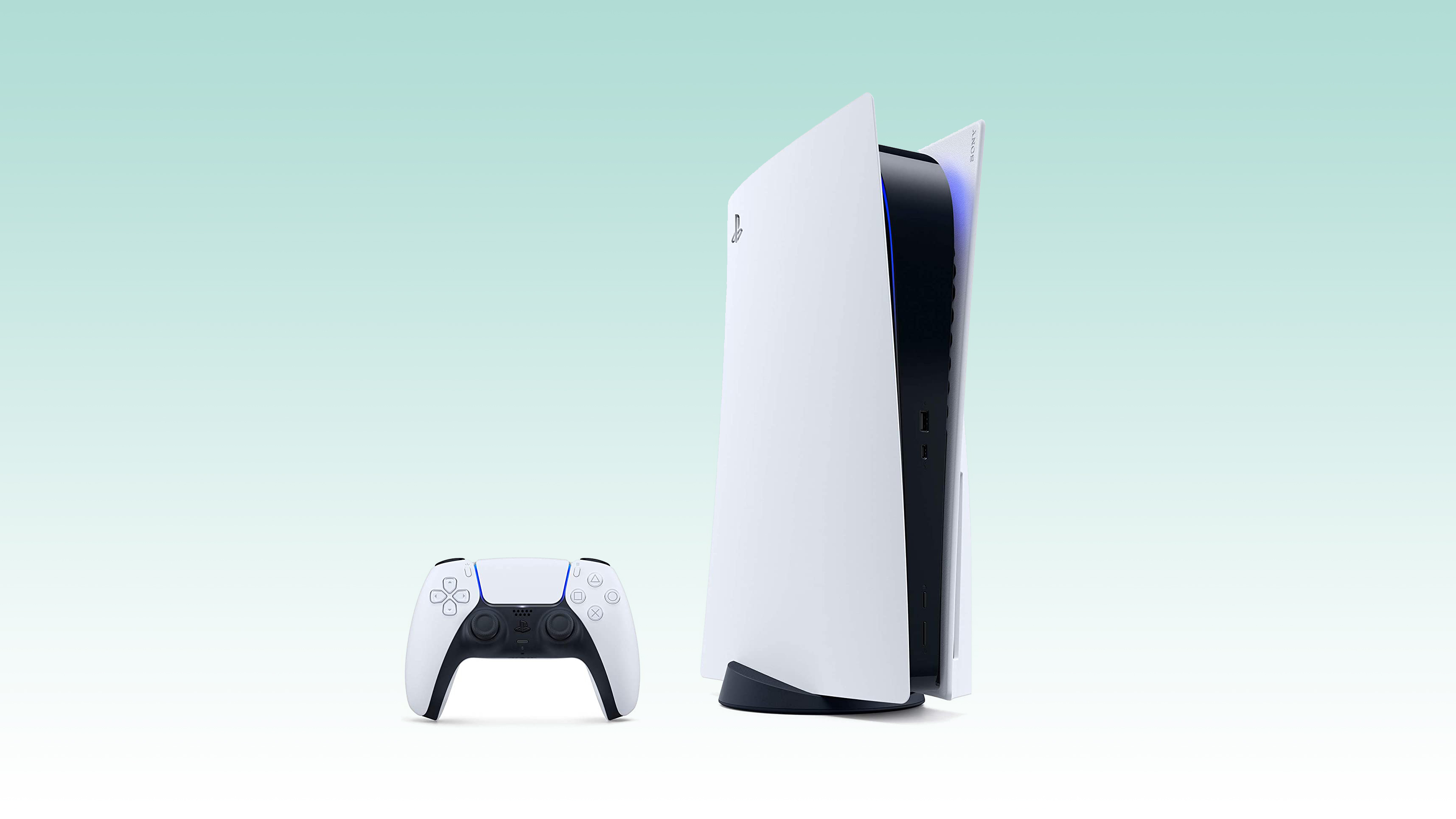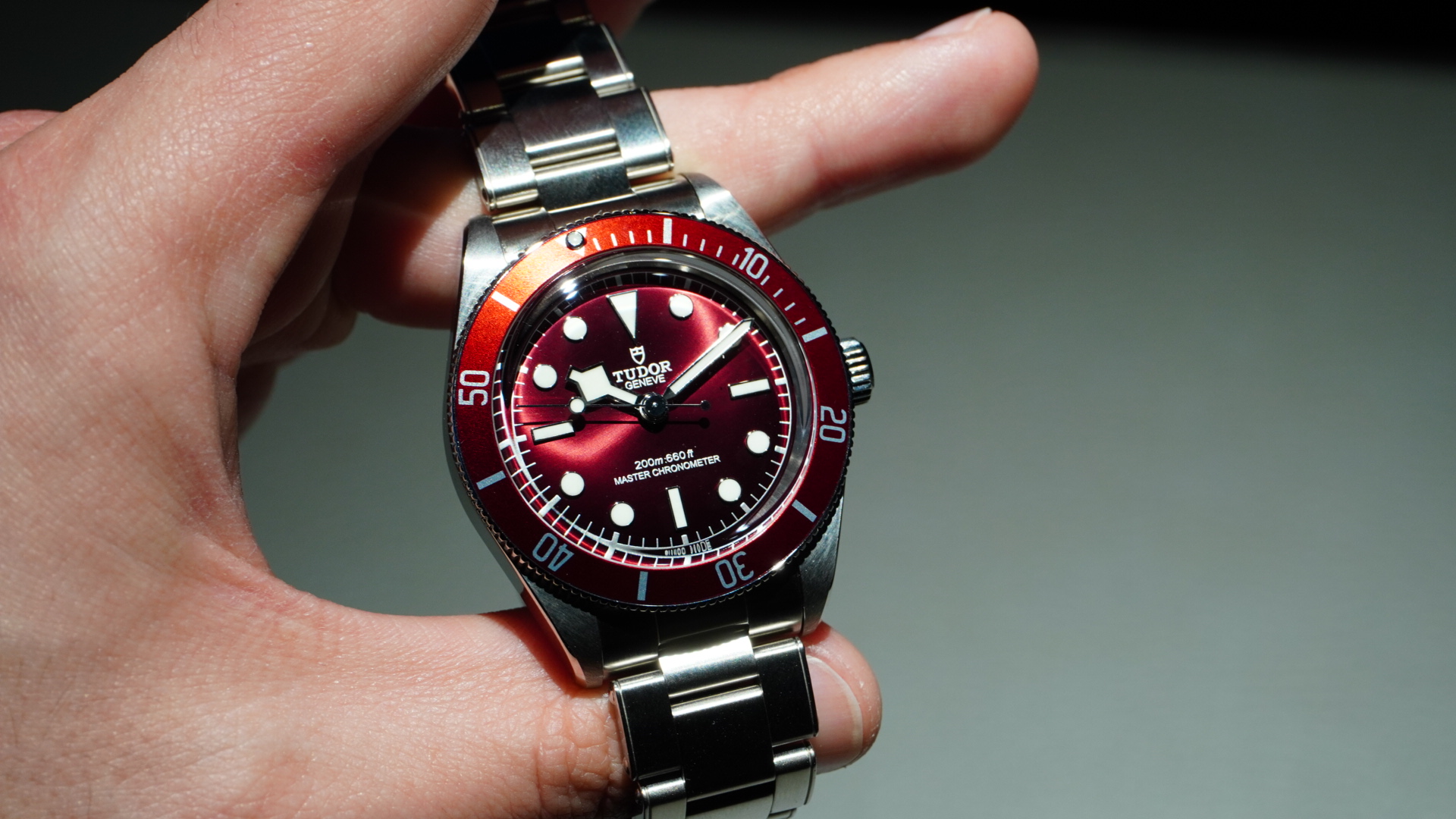
Sony has finally announced that it’s adding external SSD support to the PS5 through a beta firmware, but the whole thing seems to be a bit of a mess, with lots of requirements to consider and no promise any drives are going to actually work. What’s amazing is that when I asked a well-known brand about support for the PlayStation, it was as surprised as the rest of us were. Sony has clearly done little to prepare the industry for this announcement.
Because SSD manufacturers weren’t pre-warned about this release they haven’t yet had a chance to conduct their own internal certification on drives. While many should be compatible, there are quite a few problems to consider. For example, while a drive may support fast enough read speeds, high temperatures in the PS5’s small drive bay might lead to the drive throttling its performance.
There are also some complicated issues with how SSDs, their coolers and the whole thing can be screwed into place. If you’re keen to buy one to expand your PS5, waiting might not be a bad idea. However, one company has already announced a compatible drive.
Seagate was fast out of the, erm, gate, with its own suitable m.2 SSDs. Its Firecuda SSDs easily meet the speed requirements and also have an integrated heatsink bolted on. Fitting in the PS5 should be straightforward but be aware these drives aren’t the cheapest The 1TB model £235 / $275. You can pre-order the Firecuda on Amazon and it should be a safe bet.
Seagate Firecuda 1TB SSD | Amazon price £233.95
This 1TB drive isn't cheap, but it will offer a lot of extra capacity for your PS5. It's not yet on sale, but you can pre-order and it should become more widely available in August. Clearly a great option.
I’ve had a look around, and I think that Crucial’s MP600 Pro should also perform well, it’s a lot cheaper than the Seagate model and already available. However, you should be warned that until companies like Crucial have time to test their drives in the PS5, we don’t know how they will handle the heat, or even how much heat they will even be subjected to.
Corsair MP600 Pro 1TB SSD | Amazon price £185.47
Without an official nod from Corsair, this is a slightly riskier purchase. However its specs seem to meet the PS5s requirements, and it has a heatsink/heatspreader to allow better cooling. This is also a cheaper drive than Seagate's version.
What’s interesting about SSDs is that they are quite sensitive to heat, in two different ways. Firstly, they do not need excessive cooling. This is not like a CPU, where the lower you can get it the better everything is. There are some industry experts who say lowering the temperature too much could cause SSDs to fail faster. This is because it’s harder for electrical signals to move through the chips, which stresses them more. An SSD, remember, does not last forever and will wear out over time.
However, allowing them to heat up too much may not be ideal either. While electrons can do their work more easily in warmth, if they get too warm the excitement could also cause excessive wear. For this reason, it’s best to operate them away from temperature extremes. Most drives are rated between 0 degrees celsius and 70. Almost nothing operates at zero, so trying to keep the drive lower than 70 seems like a good rule.
Sign up to the T3 newsletter for smarter living straight to your inbox
Get all the latest news, reviews, deals and buying guides on gorgeous tech, home and active products from the T3 experts
For the PS5, there are some issues. There is no direct airflow to the SSD compartment. Indeed, with the lid on the SSD expansion, I could see heat buildup being a problem. It won’t matter if you have a decent heatsink, if the generated heat has nowhere to go. If you bake the SSD it will thermal throttle as any component would, which means you’ll have a poor in-game experience.
Ian has been involved in technology journalism since 2007, originally writing about AV hardware back when LCDs and plasma TVs were just gaining popularity. Nearly 15 years on, he remains as excited about how tech can make your life better.
-
 I tested every new Tudor at Watches and Wonders – my favourite caught me by surprise
I tested every new Tudor at Watches and Wonders – my favourite caught me by surpriseThe Rolex sister brand had a lot to offer
By Sam Cross Published
-
 Warning: Ciele’s refreshed Elite Collection may cause excessive garment envy on race day
Warning: Ciele’s refreshed Elite Collection may cause excessive garment envy on race dayFlex on your run crew with Ciele’s latest drop
By Matt Kollat Published

